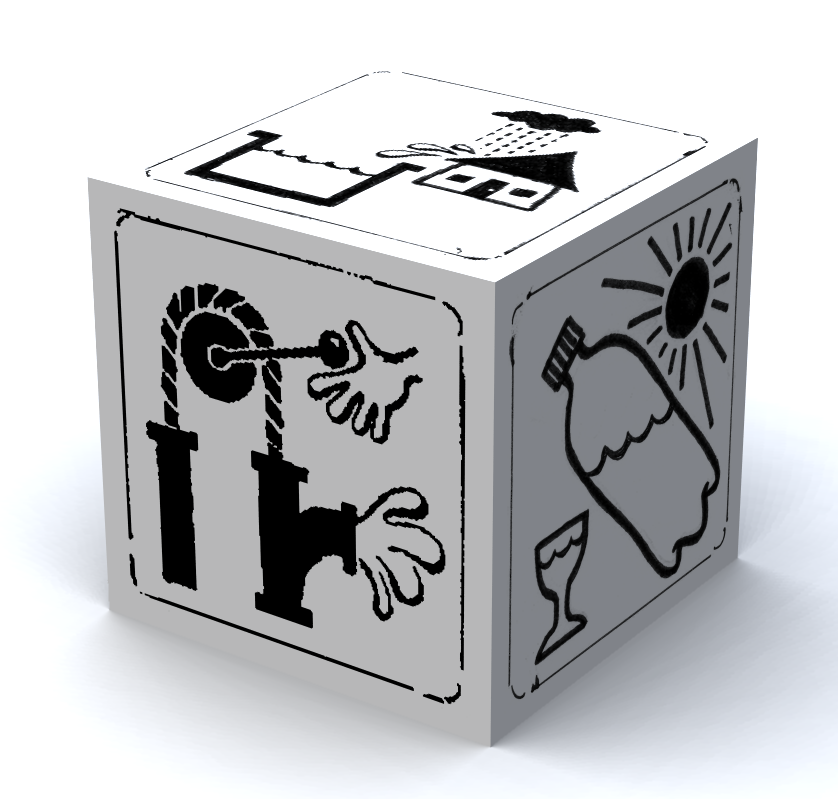Difference between revisions of "Water Portal"
From Akvopedia
| Line 123: | Line 123: | ||
{|style="height:140px; background:#efefef" | {|style="height:140px; background:#efefef" | ||
|align="center" valign="top"| {{Icon|file=pond farming icon.png|alt=Pond farming|width=95|link=Pond farming}} <br> [[Pond farming]] | |align="center" valign="top"| {{Icon|file=pond farming icon.png|alt=Pond farming|width=95|link=Pond farming}} <br> [[Pond farming]] | ||
| + | |} | ||
| + | {|style="height:140px; background:#efefef" | ||
| + | |align="center" valign="top"| {{Icon|file=pond farming icon.png|alt=Tilapia farming|width=95|link=Tilapia farming}} <br> [[Tilapia farming]] | ||
|} | |} | ||
{|style="height:140px; background:#efefef" | {|style="height:140px; background:#efefef" | ||
Revision as of 05:19, 25 June 2013
The water portal illustrates a selection of smart water technologies. We are working on making this portal comprehensive and contain full explanations on how to implement these technologies, complete with lots of reference manuals and links.
For information on managing drought, using water resource technologies and other strategies: Resilient WASH systems in drought-prone areas.
Acknowledgements
Much of the material in this section comes from the book Smart Water Solutions produced in collaboration with Netherlands Water Partnership, WASTE, PRACTICA, IRC International Water and Sanitation Centre, SIMAWI, AGROMISA, NCDO, Aqua for All (A4A), and Partners voor Water

